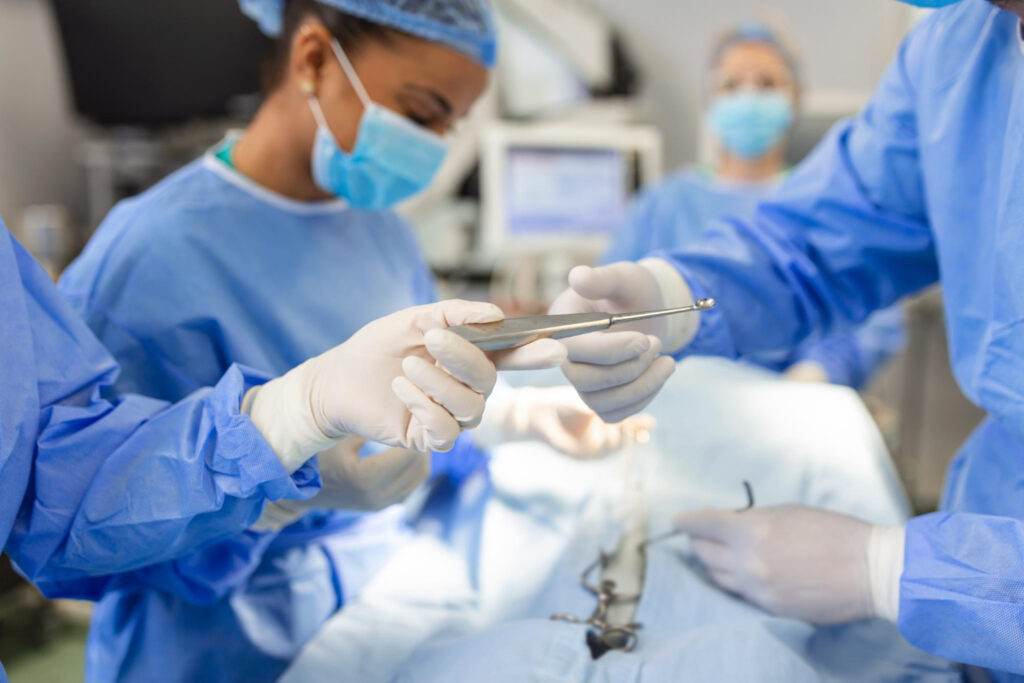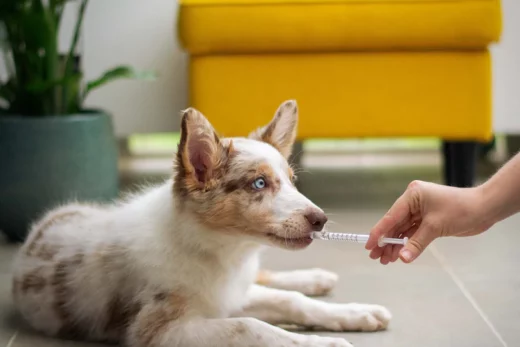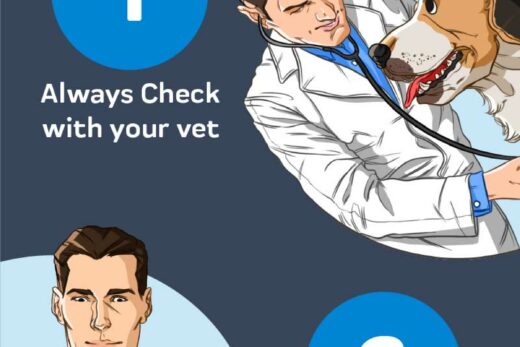If you have a pet that has suffered a traumatic injury or illness, surgery may be necessary. There are many types of veterinary surgical procedures.
Common veterinary surgeries include spay and neuter, bone fracture repair, hernia repairs, and bladder stone removal. We also perform emergency surgeries when needed.

Hip Dysplasia
Hip dysplasia is a hereditary condition that affects many breeds of dogs. It can be severe and lead to joint pain, limping and loss of mobility.
Puppies with hip dysplasia have a shallow socket joint and abnormal femur head position in the hip socket. This creates friction and grinding between the ball and socket, causing deterioration and early osteoarthritis.
Surgery is sometimes recommended to correct hip dysplasia in dogs. This depends on the age, severity and physical and radiographic findings of the hips as well as owner preferences.
Dogs with hip dysplasia may be treated with medical management consisting of weight reduction, controlled exercise and pain control. Approximately 30% of young dogs diagnosed with hip dysplasia stabilize with this approach and do not need additional treatment later in life.
Foreign Object Removal
A foreign object can be a serious health concern, especially if it’s lodged in your pet’s stomach or intestines. It can cause infection, toxicity, and even death.
Your vet can determine the severity of your pet’s situation with diagnostics such as X-rays, blood, and urine tests. If the veterinary team is confident that an obstruction is causing your pet’s condition, they may recommend surgery to remove it.
Endoscopic Retrieval: This is a minimally invasive procedure that’s ideal for items that are located in the esophagus or stomach. It uses a long flexible instrument fitted with a camera and tools to safely go down your pets digestive tract.
The surgeon can see the object trapped in your pets esophagus or stomach through the endoscope and grasp it with the tools. The veterinarian can then gently pull it out of your pet’s body without harming the intestines.
Cataracts
When a cataract forms, it can affect your dog’s ability to see. Whether they’re small, or large, cataracts can make it hard for light to travel through the lens and reach the retina where vision occurs.
Veterinary cataract surgery is an effective way to restore normal vision. The operation involves removing the abnormal lens and replacing it with a plastic or acrylic replacement.
The surgery usually has a 90-95 percent success rate. However, complications may arise in 5 to 10 percent of patients.
Before surgery, the veterinarian will evaluate your dog’s eye health and overall health. Any underlying diseases and/or conditions such as retina detachment or degeneration should be under control before surgery to ensure the best chance of positive surgical outcome.
Bladder Stone Removal
Surgical bladder stone removal is one of the most common dog surgeries. These hard, calcified stones cause pain and discomfort and can lead to urinary obstruction.
The most common types of bladder stones are struvite and calcium oxalate. These are commonly found in both dogs and cats and can be a result of an infection or dietary factors.
If these stones are unable to be removed with a diet and antibiotics they may require surgery. The doctor will use x-rays to diagnose the type of stone and determine how to remove it.
Learn about dog gland removal pros and cons.
Some referral centers now offer ultrasonic dissolution, a procedure that uses high frequency ultrasound waves to disrupt or break the stones into tiny particles that can be flushed out of the bladder more easily. This method is effective in treating small stones and reducing the need for surgery.

Spay & Neuter
Spay & neuter surgeries are a common, routine procedure that helps reduce unwanted pet overpopulation. They also help prevent unwanted pregnancies and reproductive cancers that can lead to euthanasia and shortened lifespans for dogs.
These simple, painless surgeries are usually performed on young puppies and cats. They remove the female or male reproductive organs and are done under anesthesia.
Besides preventing unwanted litters, spay & neuter surgery can prevent certain medical and behavioral problems like urinary marking, aggression and assertiveness, all of which are traits that can be difficult to correct later in life. They can also reduce your pet’s chances of being euthanized and save you money over time.





